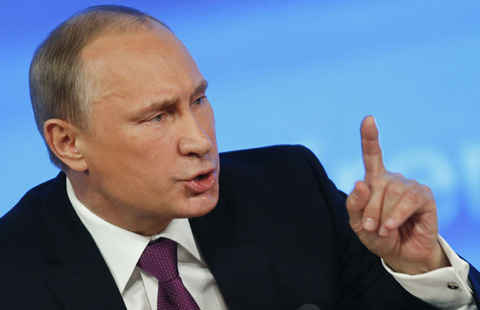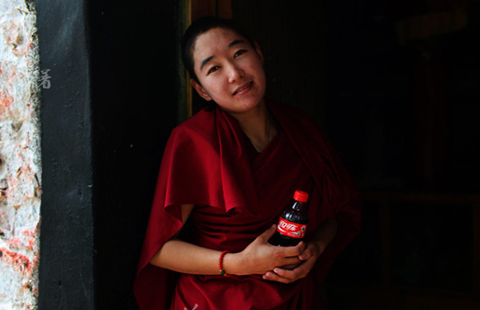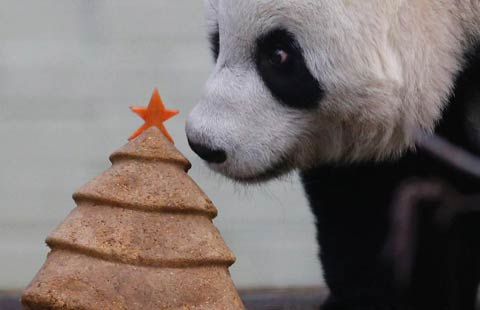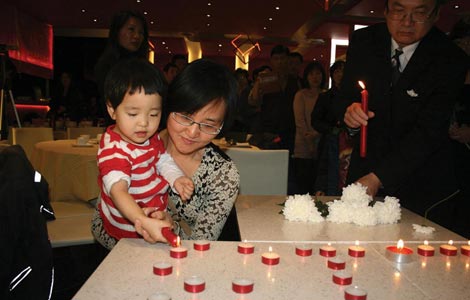Time for region to diversify, insiders say
Updated: 2014-12-19 07:48
By Deng Yanzi In Hong Kong and Zhang Haizhou in Macao(China Daily USA)
|
||||||||
Decline in gambling makes city look elsewhere to increase revenues and widen appeal to visitors
It is time for Macao to diversify its economy from an over-reliance on gambling, as this year may mark the city's first yearly decline in gaming revenue, industry insiders and analysts urge.
Macao is looking to develop as a leisurely tourist destination to offer visitors, mostly from the Chinese mainland, more quality experiences in addition to gaming, as declines in gaming revenue were reported in November for the sixth consecutive month.
The central government's ongoing anti-corruption campaign has kept some big spenders away from the VIP rooms, according to Chen Xiang, deputy director of the Economic Affairs Department of Macao's Liaison Office of China.
A shortage of cash has also restrained the appetites of high-stakes gamblers, caused by a tightened credit policy on the Chinese mainland, a ban on UnionPay cards at casinos, and more cautious credit loans after the disappearance of a Macao junket operator who owed more than $1 billion.
Chen said Macao's fierce rivalry with the ballooning gaming industry elsewhere in Asia is another cause of the downturn.
New or expanded casinos in the region, such as in Singapore and the Philippines, are penetrating the Chinese market through VIP systems similar to Macao but with higher commissions for the junket operators who bring gamblers to the casinos.
"The future has to be driven by creating opportunities for creating more quality experiences," Grant Bowie, chief executive and executive director of MGM China Holdings, said on Wednesday.
"It is simply recognizing that the end is not about gaming, the end is about creating an appealing, continuously relevant destination, a leisurely tourist destination."
MGM Macau has generated a year-to-date revenue of $3.5 billion. Though nearly 90 percent of that was from gaming, Bowie said the company has been taking measures "all the time" to "reduce the footprint of gaming".
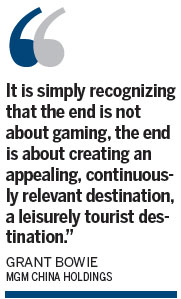
The property is in the process of refreshing and refurbishing its food and beverage operations, and adding more retail outlets, even on the gaming floor. About 95 percent of its daily average 20,000 visitors are mainland Chinese or of Chinese heritage, Bowie said.
Marketwide in Macao, non-gaming activities account for approximately 10 percent of total casino revenue, although those resorts with Las Vegas-style eating and entertainment facilities generally do better, Macao's Business Daily has reported.
The state Gaming Control Board in Nevada, where Las Vegas is located, detailed figures from the industry to show gambling accounted for 45.1 percent of total revenue in 2013, according to the Las Vegas Sun. Food, hotel rooms, drinks and other attractions make up the majority of revenues.
Macao's gaming contraction began with a drop in June and expanded to a 19.6 percent slump in November compared with the same period last year, the Macao Gaming Inspection and Coordination Bureau reported.
New York-based credit rating agency Fitch Ratings anticipates a 4 percent drop in Macao's gaming revenue in 2015, driven by a lapse in VIP business that accounts for two-thirds of Macao's overall annual gambling revenue.
Davis Fong, director of Macao's Institute for the Study of Commercial Gaming, believes Macao has an edge over those rivals with the development of integrated resorts with gaming as an embedded sector.
Macao has more resort complexes than its other Asian competitors. These are amalgams of hotels and convention, exhibition, shopping and entertainment facilities, with casinos as their engine.
But Macao's location weakens its appeal he said, as it is outside of a two-hour radius of places such as Malaysia, which is the range of major source markets for a gaming city, according to his research.
Fong sees hope in the completion of the Hong Kong-Zhuhai-Macao Bridge that is scheduled for late 2016. Connecting Macao with the Pearl River Delta and Hong Kong International Airport, the bridge will bring more guests to Macao, especially international travelers, he expects.
Chen believes the downturn in gambling revenue is periodical, the same as a dip during the financial crisis in 2008, and that revenue will bounce back to a new round of growth.
Fong expects gambling revenue to hit new highs in the coming cycles. "Gaming revenue has not peaked yet," he said and added that he believes if the Chinese mainland maintains its economic growth in the near future, the industry will grow in parallel with the rising spending power of its major source market.
Zhu Zhe contributed to this story.
Contact the writers at iris@chinadailyhk.com and zhanghaizhou@chinadaily.com.cn
Most Viewed
Editor's Picks
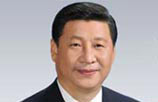
|
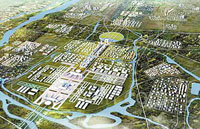
|

|
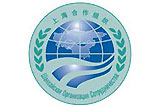
|

|
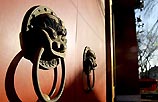
|
Today's Top News
China, US get things done at trade talks
JD.com adds Gap clothes online
California city fights 'birth tourism'
China OKs modified corn imports
Build, not break, a bridge for people
Chinese city shops for talent in Houston
Cleaner coal goal in deal by Houston firm
China niche for California design firm
US Weekly

|

|
